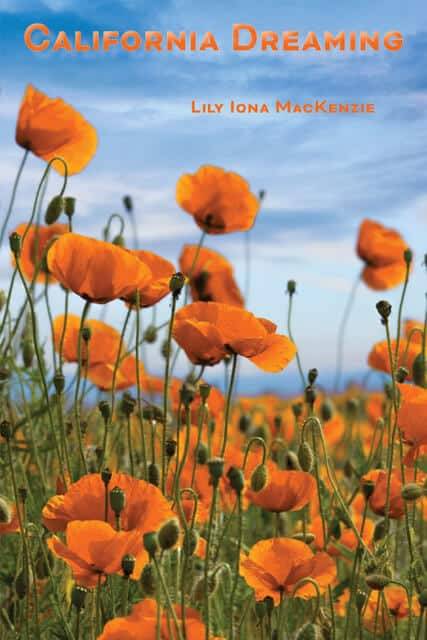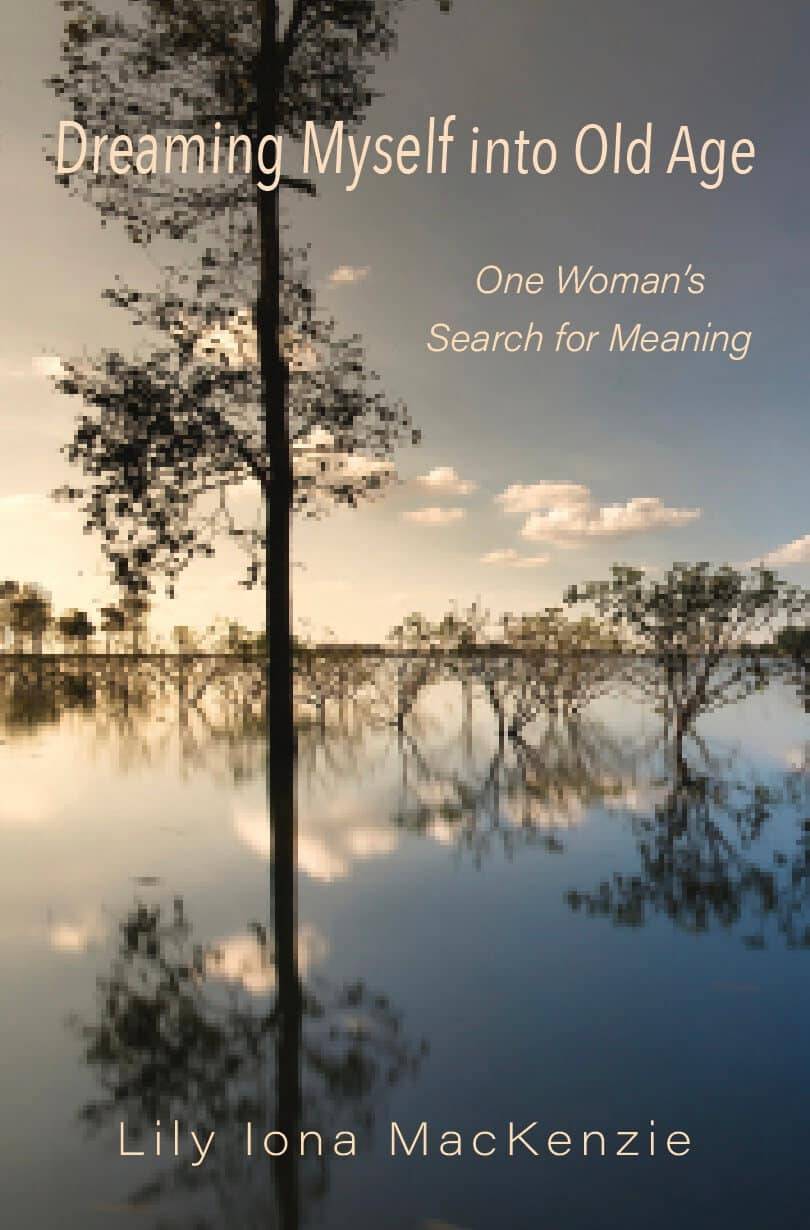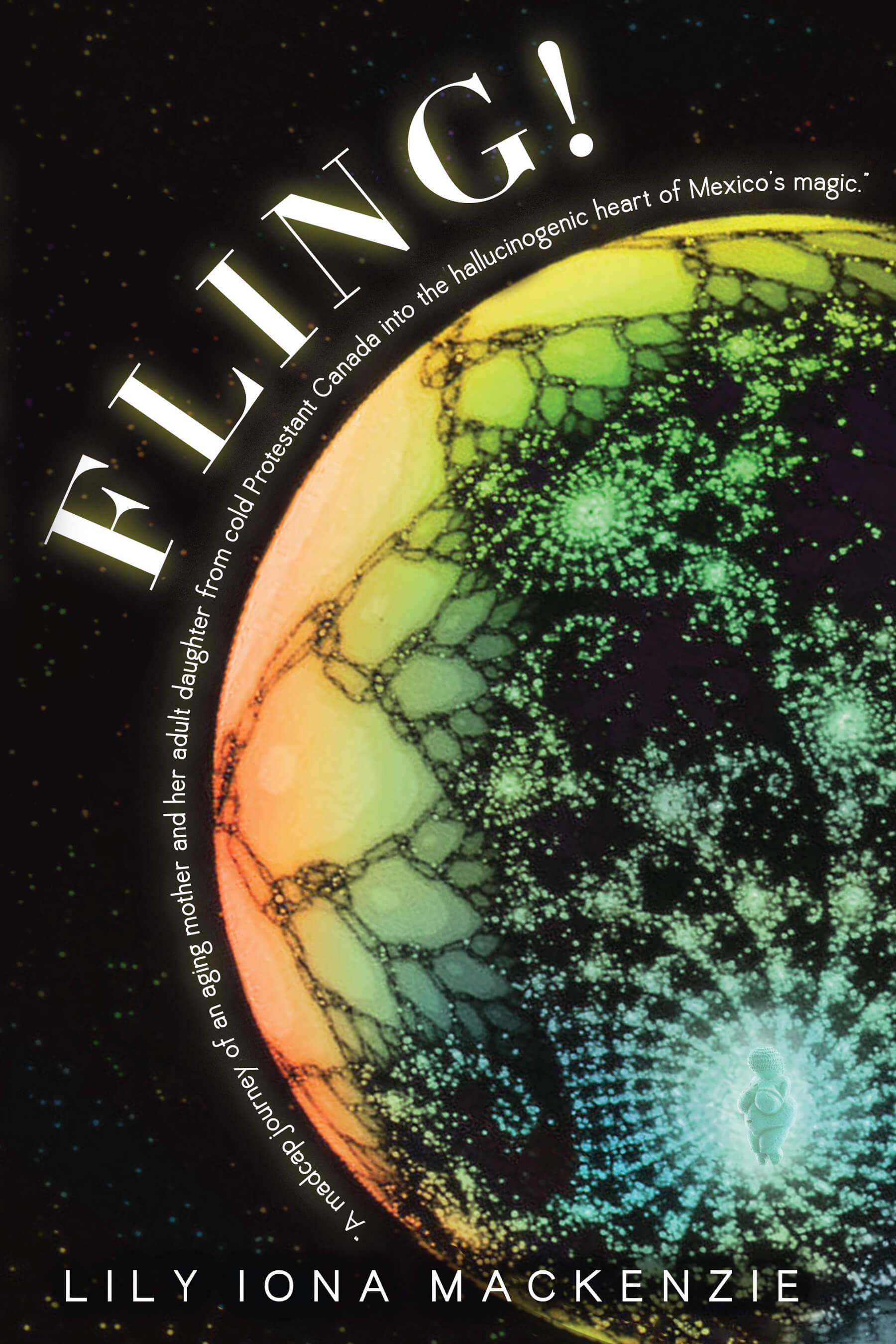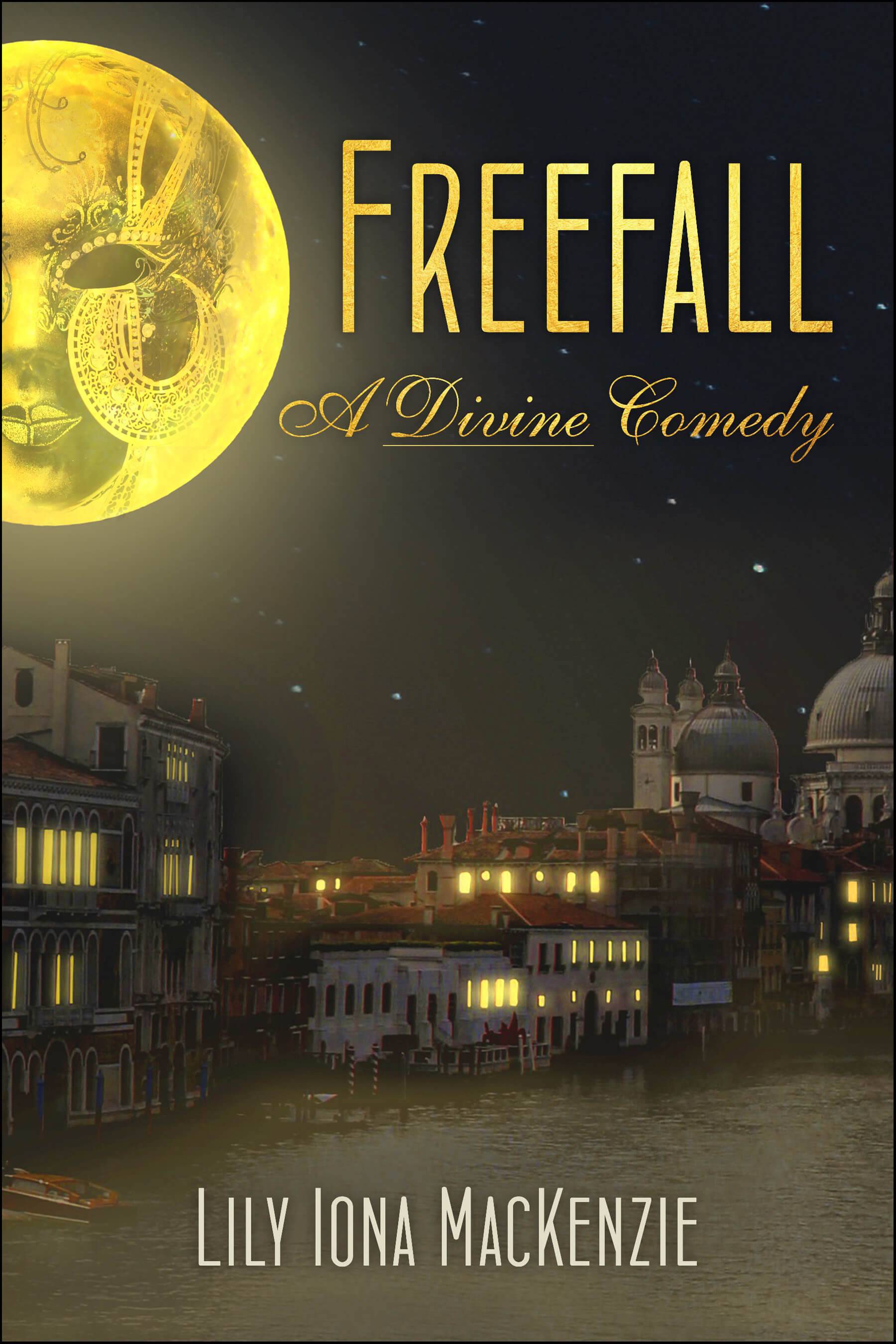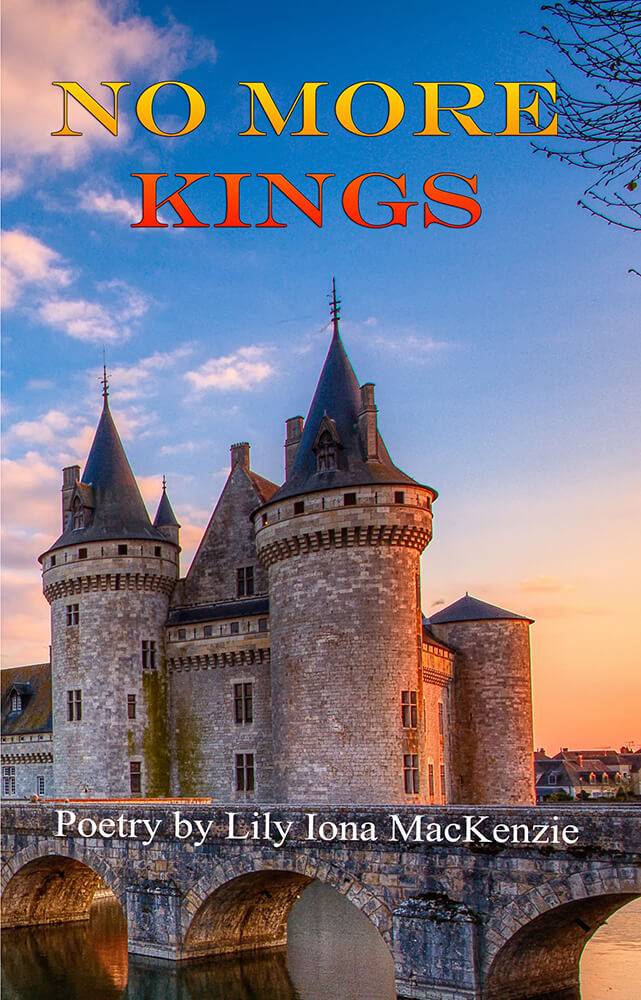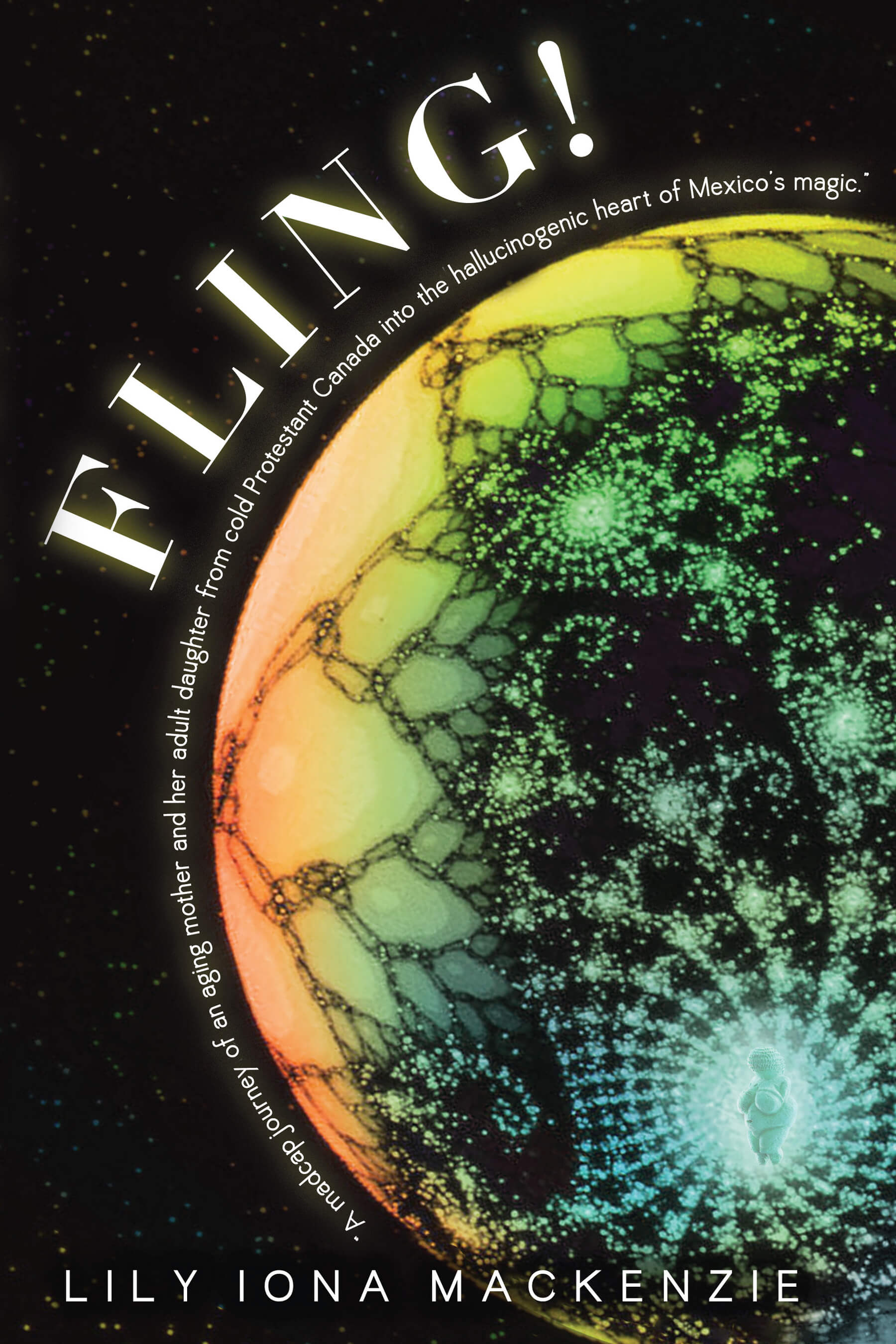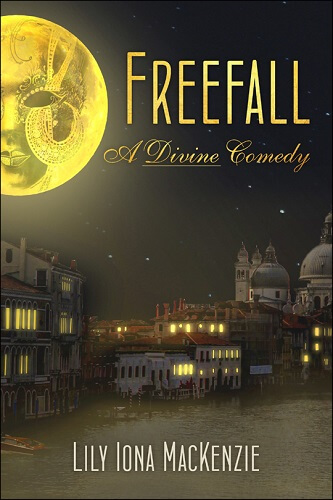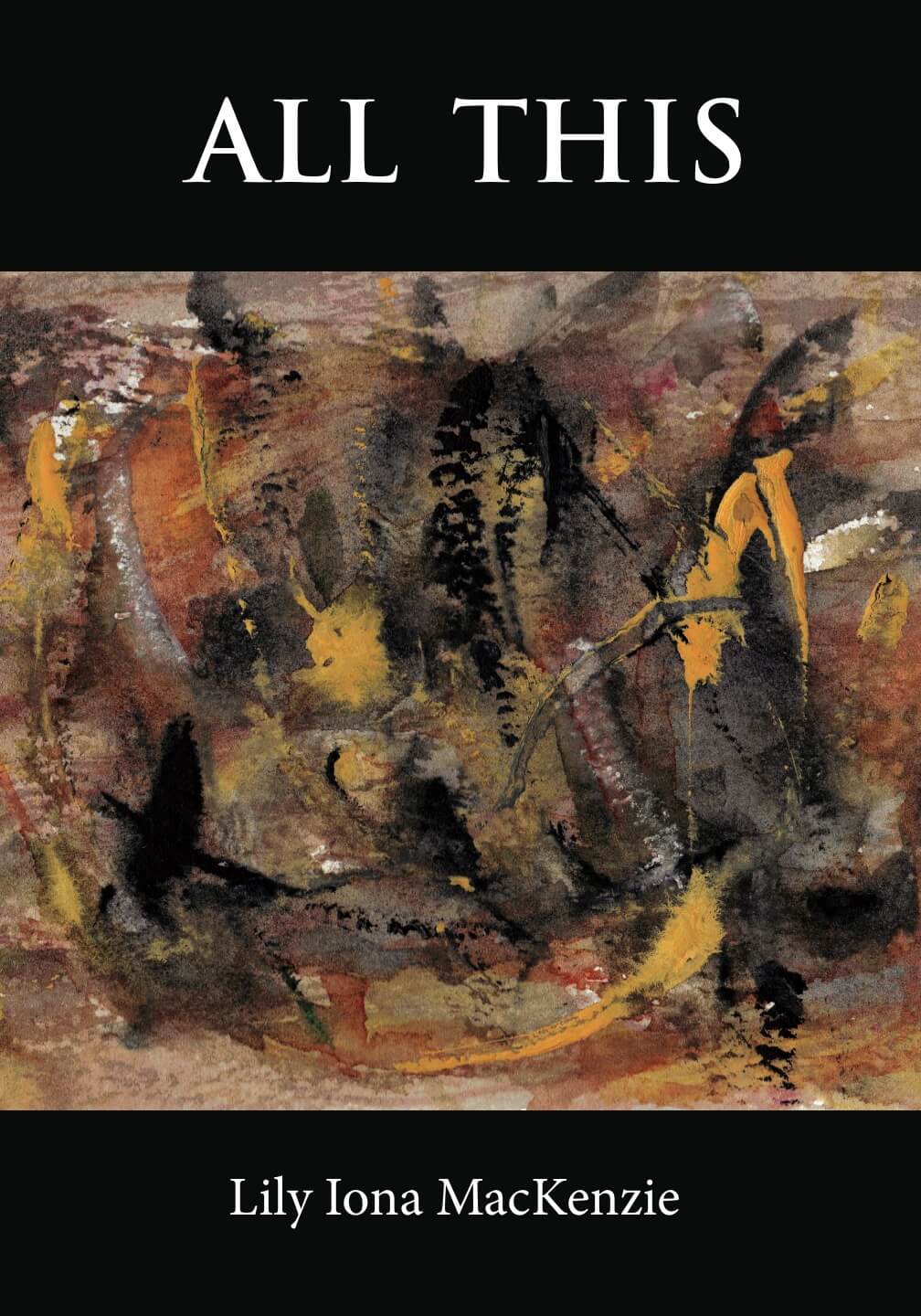 As a fiction writer, I often ask myself why people read novels and how can I convince them to read mine? That question occurred to me again recently when I finished a novel that had me questioning why I read fiction. The book was engaging enough. The writer was competent and had created characters that seemed believable (though that isn’t necessarily a criterion for me). There was enough tension to keep me reading in order to discover more about these lives I had immersed myself in. But the experience felt flat, and I wondered why I had spent several precious hours on something that wasn’t more satisfying.
As a fiction writer, I often ask myself why people read novels and how can I convince them to read mine? That question occurred to me again recently when I finished a novel that had me questioning why I read fiction. The book was engaging enough. The writer was competent and had created characters that seemed believable (though that isn’t necessarily a criterion for me). There was enough tension to keep me reading in order to discover more about these lives I had immersed myself in. But the experience felt flat, and I wondered why I had spent several precious hours on something that wasn’t more satisfying.
So why do I read? For me, reading isn’t necessarily to escape my daily life. I read to deepen my understanding of this world and myself. If a book doesn’t take me somewhere new emotionally and intellectually, I feel cheated. It reminds me of why I travel to other countries. Who go on this journey if I remain the same person at the end? Traveling should expand us. I expect the same from my literary voyages.
I also want my knowledge of the world broadened and intensified. I love many naturalistic novels—ones that recreate everyday life and give me new glimpses (novel=make it new) of familiar settings and things. Often that happens through the writer’s expert use of metaphor and symbol, devices that automatically expand our perceptions. Or s/he has a masterful way of manipulating sentences and images.
I’m thinking of John Banville’s novel The Sea. Not only is the narrative compelling as we follow the main character’s descent into his past where he grew up near the sea, but also stunning sentences flood each page. I found myself spending as much time admiring their construction as I did their content. Here is a sentence describing the mother of a childhood friend that the narrator had been infatuated with in his youth:
My hitherto hardly less than seemly dreams of rescue and amorous dalliance had by now become riotous fantasies, vivid and at the same time hopelessly lacking in essential detail, of being voluptuously overborne by her, of sinking to the ground under all her warm weight, of being rolled, of being ridden, between her thighs, my arms pinned against my breast and my face on fire, at once her demon lover and her child.
In this one sentence, Banville captures the full impact this older woman had on the boy, a moment he never forgot and nor will his readers. Its voluptuous construction embodies the woman’s abundant flesh that overwhelms him.
But I also love works that employ magical realism, as many of my fictions do, because they allow the magical to inhabit the “real,” drawing our attention to how these worlds interact. Such texts point to something other, something not quite articulable. They lift the lid on ordinary experience and suggest alternative possibilities. We live in a complex universe, and there is a good deal happening beyond our rational ways of perceiving, as Gabriel Garcia Marquez shows in his novel One Hundred Years of Solitude. The author, a magician himself, conjures up in the reader’s imagination Macondo, a world he creates out of the South American jungle. As the New York Timesreviewer says, “You emerge from this marvelous novel as if from a dream, the mind on fire….”
And that’s what I seek from most novels I read. I want them to expand my vision and make the world even more mysterious than it already is. I also hope that the novels I write have a similar effect on my readers.
